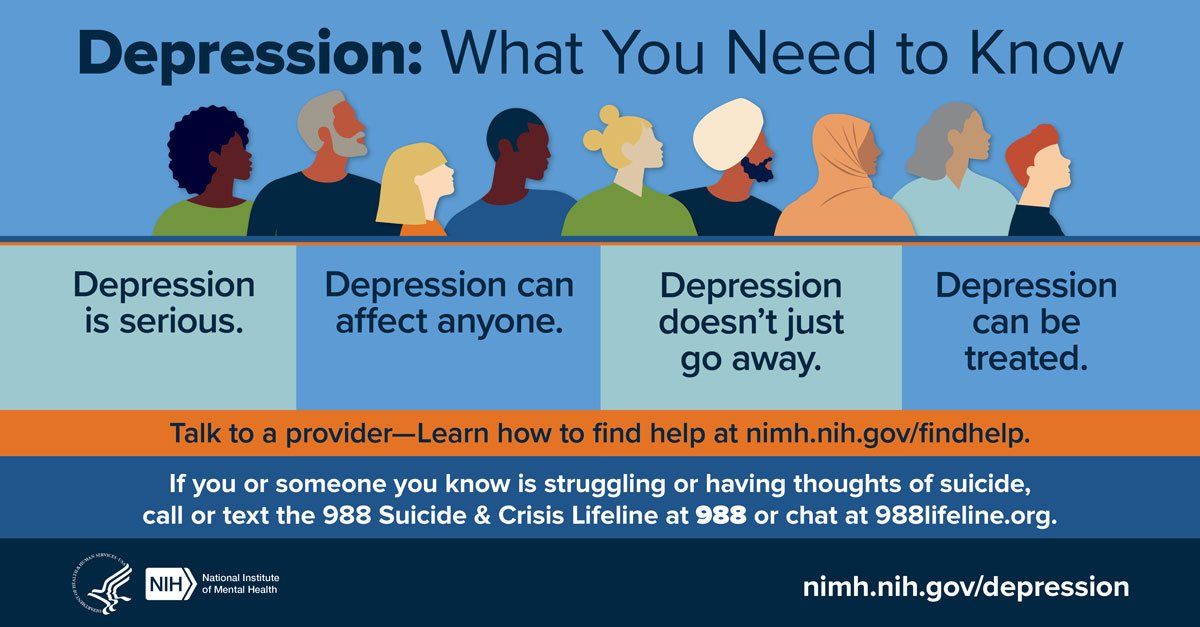Depression is a common mental health disorder that affects millions of people worldwide. It can make you feel sad, hopeless, and empty, impacting your daily life and overall well-being. While seeking professional help is always recommended for treating depression, there are also several effective self-care strategies that can help you cope with the symptoms. In this article, we will explore some ways to deal with depression and improve your mental health.
1. Stay Active
Regular physical activity has been shown to have a positive impact on mental health. Exercise releases endorphins, which are chemicals in the brain that act as natural painkillers and mood elevators. Whether it’s going for a walk, practicing yoga, or hitting the gym, staying active can help reduce symptoms of depression and improve your overall well-being.
2. Practice Mindfulness
Mindfulness is the practice of staying present and focused on the moment without judgment. This can help you become more aware of your thoughts and feelings and reduce negative thinking patterns associated with depression. You can practice mindfulness through meditation, deep breathing exercises, or simply by paying attention to your surroundings and sensations.
3. Build a Support System
It’s essential to have a strong support system when dealing with depression. Surround yourself with friends and family members who you can talk to and lean on during difficult times. Sharing your feelings and experiences with others can make you feel less isolated and more connected, which can help improve your mood and overall mental health.
4. Establish a Routine
Depression can disrupt your daily schedule and make it challenging to stay organized and motivated. Establishing a routine can help provide structure and stability in your life. Set small, achievable goals for each day, such as getting out of bed at a certain time, eating regular meals, and engaging in activities that bring you joy and fulfillment.
5. Get Enough Sleep
Sleep plays a crucial role in mental health and well-being. Lack of sleep can exacerbate symptoms of depression and make it harder to cope with daily challenges. Aim to get at least 7-9 hours of quality sleep each night by practicing good sleep hygiene, such as avoiding screens before bed, creating a relaxing bedtime routine, and keeping your bedroom dark and quiet.
6. Seek Professional Help
If you are struggling to cope with depression on your own, it’s important to seek professional help. Therapy, medication, and other treatment options are available to help you manage your symptoms and improve your mental health. A mental health professional can provide support, guidance, and personalized treatment to help you overcome depression and live a fulfilling life.
Conclusion
Dealing with depression can be challenging, but by implementing these effective strategies, you can take control of your mental health and improve your overall well-being. Remember that it’s okay to seek help and support when needed, and that you are not alone in your struggles. By taking care of yourself and implementing healthy coping mechanisms, you can overcome depression and live a happier, more fulfilling life.
